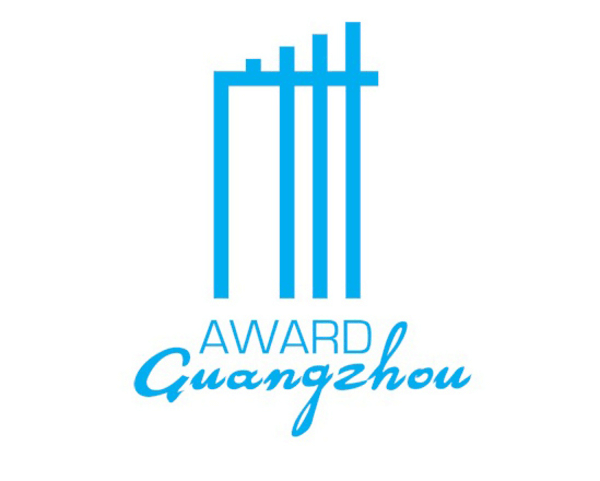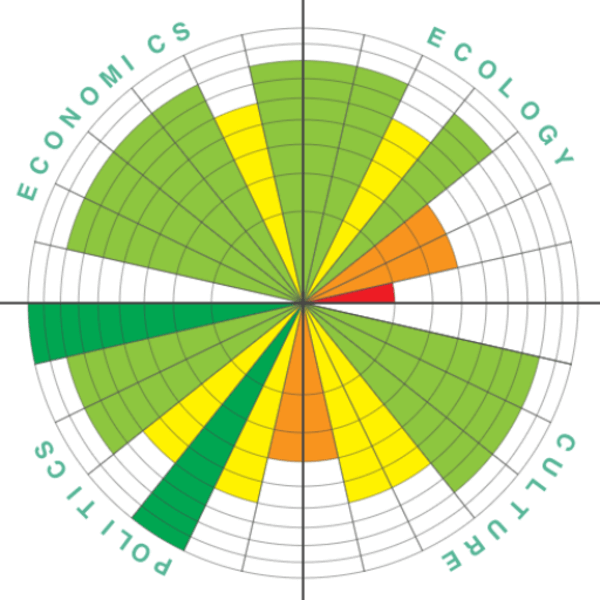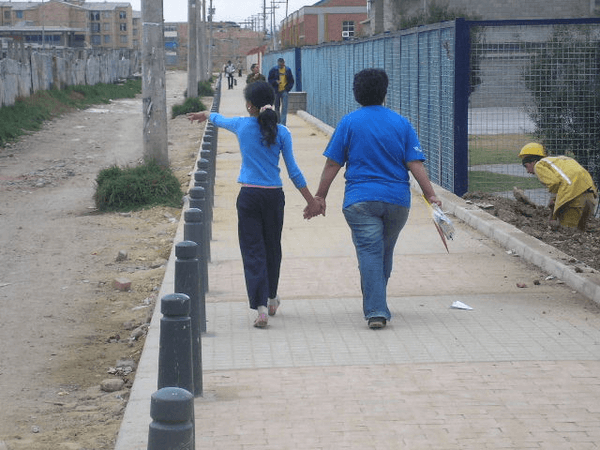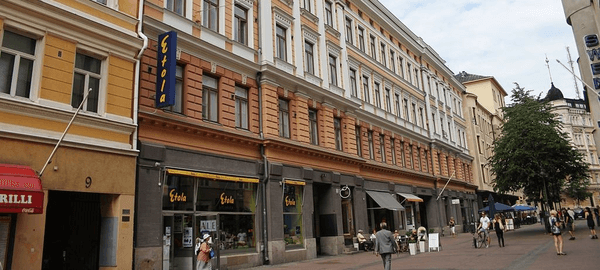
City
Dubuque
Main actors
City Government, Regional Government, National Government, Private Sector, Community / Citizen Group, Public Utility, Research Institutes / Universities
Project area
Inner City
Duration
Ongoing since 2009
Smarter Sustainable Dubuque is a partnership between the City of Dubuque and IBM Research to pilot an integrated, cross-silo initiative for managing resources and reducing carbon emissions.
Smarter Sustainable Dubuque is an innovative partnership between the City of Dubuque and IBM Research. The project was initiated in 2009 when the City of Dubuque and IBM Research announced their intentions to make Dubuque one of the first "smarter" sustainable cities in U.S.A.
Plans include the development of new "smarter" technologies and the implementation of strategies to create a replicable, international model of sustainability for communities of 200,000 or less, where more than 40 percent of the American population resides. The model will integrate community engagement and education, more energy-efficient ways of operating municipal services and buildings, decreased carbon emissions, new employment opportunities, increased financial savings, and a higher quality of life for the entire community.
Smarter Sustainable Dubuque will provide Dubuque residents with the information and tools required to make smarter choices about resource consumption. The initiative is engaging Dubuque residents and businesses who, through advanced technology, will be able to voluntarily better manage their use of resources such as, water, electricity, oil, and natural gas.
Guangzhou Award
This project was shortlisted for the 'Guangzhou Award' in 2014 in the following category: Deserving Initiative.
On Map
The Map will be displayed after accepting cookie policy



